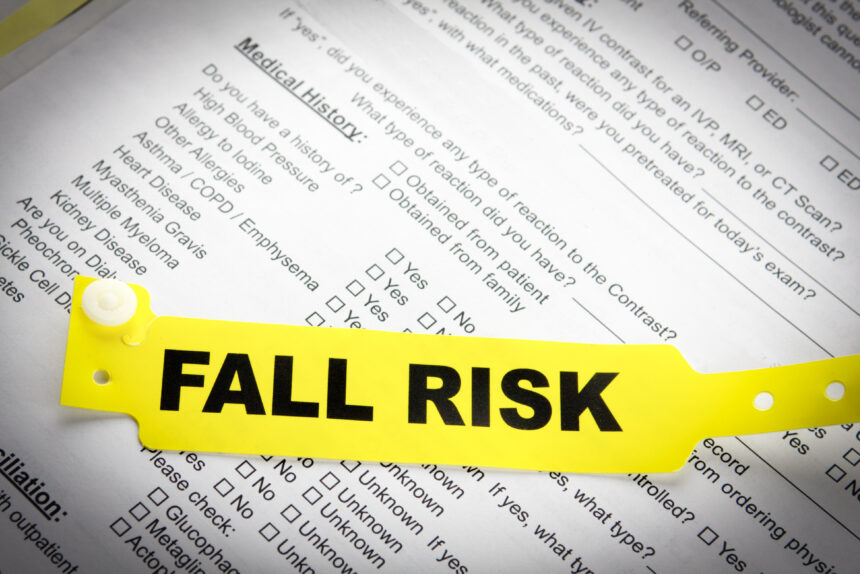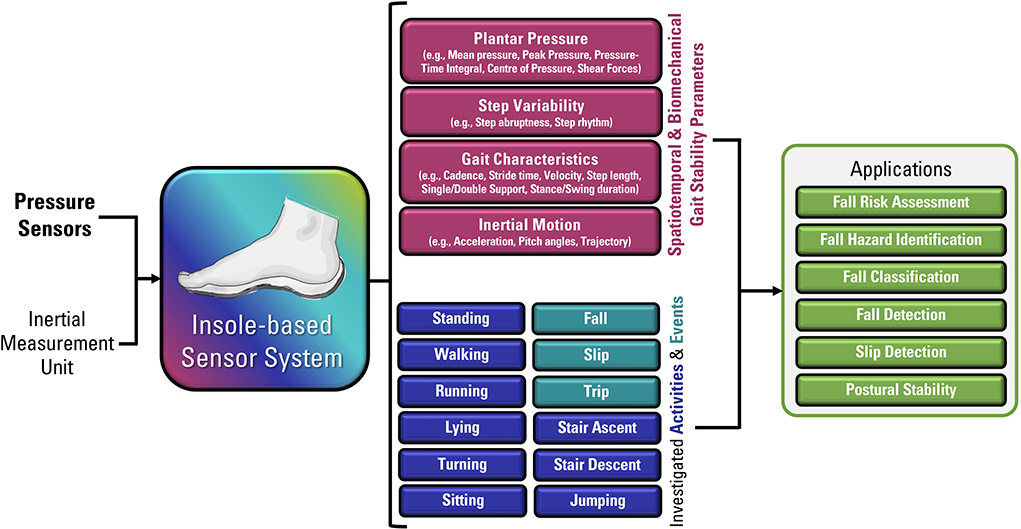Some Of Dementia Fall Risk
Dementia Fall Risk for Beginners
Table of ContentsTop Guidelines Of Dementia Fall RiskAll About Dementia Fall RiskLittle Known Facts About Dementia Fall Risk.7 Easy Facts About Dementia Fall Risk DescribedThe Only Guide to Dementia Fall Risk
In the community, inadequate road illumination or vulnerable creeks and landfills might likewise cause crashes. Falls Threat Evaluation Tool (FRAT) is a 4-item falls-risk testing tool for sub-acute and household treatment. The FRAT has 3 areas: drop danger status, threat element checklist, and activity strategy. An Autumn Threat Condition includes data concerning history of current falls, drugs, psychological and cognitive standing of the client.If the client ratings on a danger factor, the matching variety of factors are counted to the patient's autumn threat score in the box to the much appropriate. If a person's fall danger rating completes 5 or greater, the person is at high risk for falls. If the individual ratings just 4 factors or reduced, they are still at some risk of falling, and the nurse needs to utilize their best medical evaluation to take care of all loss threat factors as part of a holistic care plan.
These standard approaches, generally, help develop a safe environment that lowers accidental drops and marks core preventative actions for all people. Indicators are crucial for individuals in jeopardy for falls. Doctor need to acknowledge that has the problem, for they are accountable for carrying out actions to promote person security and avoid falls.
The Single Strategy To Use For Dementia Fall Risk
For example, wristbands must consist of the client's last and initial name, day of birth, and NHS number in the UK. Information should be printed/written in black against a white history. Just red shade should be utilized to signify unique person status. These suggestions follow current developments in individual recognition (Sevdalis et al., 2009).
Things that are too far may require the client to reach out or ambulate unnecessarily and can potentially be a danger or add to falls. Assists stop the individual from heading out of bed without any kind of aid. Registered nurses react to fallers' telephone call lights faster than they do to lights initiated by non-fallers.
Visual impairment can significantly trigger falls. Hip pads, when worn correctly, may reduce a hip fracture when loss takes place. Maintaining the beds closer to the flooring decreases the danger of falls and serious injury. Placing the cushion on the flooring substantially minimizes autumn risk in some healthcare setups. Reduced beds are created to reduce the distance a client falls after relocating out of bed.
3 Simple Techniques For Dementia Fall Risk
People who are tall and with weak leg muscular tissues who attempt to rest on the bed from a standing setting are most likely to fall onto the bed since it's also low for them to decrease themselves safely. Likewise, if a high client efforts to stand up from a reduced bed without assistance, the individual is most likely to fall back down onto the bed or miss out on the bed and drop onto the floor.
They're made to promote timely rescue, not to avoid drops from bed. Audible alarms can likewise advise the person not to get up alone. Making use of alarm systems can additionally be an alternative to physical restraints. Other than bed alarm systems, raised supervision for high-risk individuals additionally might aid prevent falls.

Individuals with an evasion stride rise loss chances drastically. To minimize loss threat, footwear must be with a little to no heel, slim soles with slip-resistant step, and sustain the ankle joints. additional hints Advise patient to use nonskid socks to stop the feet from moving upon standing. Motivate clients to use suitable, well-fitting shoesnot nonskid socks for ambulation.
8 Easy Facts About Dementia Fall Risk Described
In a study, homes with appropriate lights report less drops (Ramulu et al., 2021). Improvement in illumination at home might decrease autumn prices in older adults.

Caretakers recommended you read are effective for ensuring a safe and secure, protected, and safe atmosphere. Nonetheless, researches demonstrated really low-certainty proof that caretakers reduce fall danger in severe treatment hospitals and only moderate-certainty that options like video clip tracking can minimize caretaker usage without raising loss risk, suggesting that sitters are not as helpful as initially believed (Greely et al., 2020).
Some Known Questions About Dementia Fall Risk.

Raised physical fitness decreases the threat for falls and restricts injury that is received when loss transpires. Land and water-based exercise programs might be similarly advantageous on balance and stride and thus reduce the threat for falls. Water workout may contribute a favorable benefit on equilibrium and gait for females 65 years and older.
Chair Increase Exercise is a straightforward sit-to-stand her latest blog exercise that helps enhance the muscles in the upper legs and buttocks and boosts wheelchair and independence. The objective is to do Chair Rise workouts without using hands as the customer becomes more powerful. See resources section for a detailed direction on how to do Chair Rise workout.